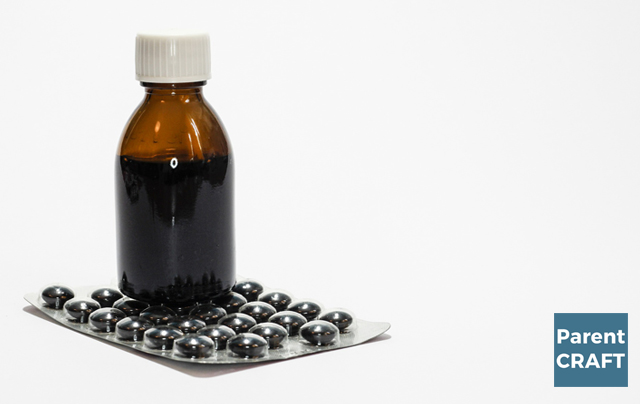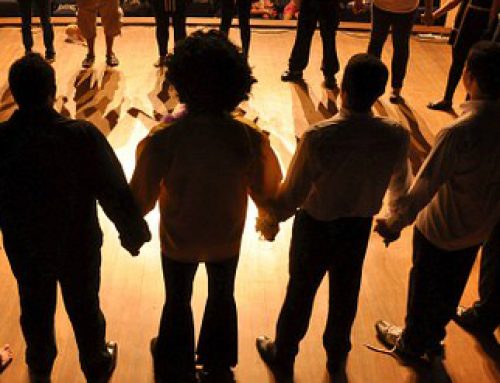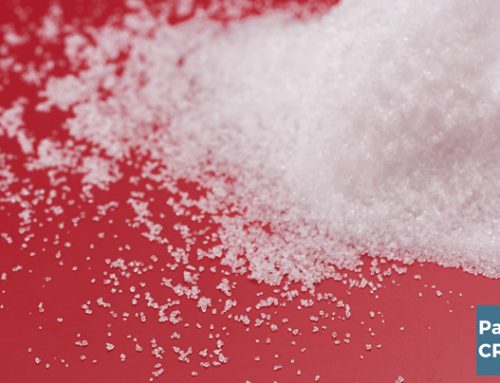While cough medicine is extremely beneficial when taken and used as directed, when taken in large quantities, it can mimic the effects of illegal drugs. Most people compare the high stimulated by cough medicine with that of alcohol or marijuana. The most common group of people who abuse cough medicine are teens. The reason being—it’s easy to get, and it’s undetectable on a drug test. While it may seem to them as a relatively easy way to get high, cough medicine abuse is very dangerous. These medicines are often abused in combination with alcohol or marijuana and are mixed with soda for flavor. A very big tip-off of the abuse are empty bottles and blister packs of cough medicines.
The signs of the abuse are irritability, agitation, increased body temperature, altered sleep patterns, drop in grades, mood swings and loss of friends.
The highs associated with cough medicine can range a broad spectrum. On a mild level, users will feel effects similar to that of alcohol intoxication. As the dosing increases, by slurred speech and some mild hallucinations will occur. Users can enter into an altered state of consciousness, and when extreme abuse occurs highs similar to PCP will ensue.
Prolonged abuse may cause liver damage, abdominal pain, numbness, extreme nausea and vomiting, increased blood pressure and heart rate and in some occasions hypoxic brain damage.
What is it?
Cough medicine is made with an ingredient called dextromethorphan or DMX. When used appropriately, DMX can act as an antihistamine and an expectorant—both of which are very helpful in fighting colds and allergies. When taken in large amounts, it can trigger effects similar to that of alcohol.
How Cough Medicines Are Used
Cough medicine comes in the form of syrup, liquid, or pills, so it is ingested orally.
Other Names: Triple C, CCC, Dex, Syrup, Robo, Robo-dosing, Robo-fizzing, Robo-tripping, Russin, Russing
So, how do you know if your teen’s behavior is normal or troublesome? Is it Drugs or is it Just Teenage Angst?






